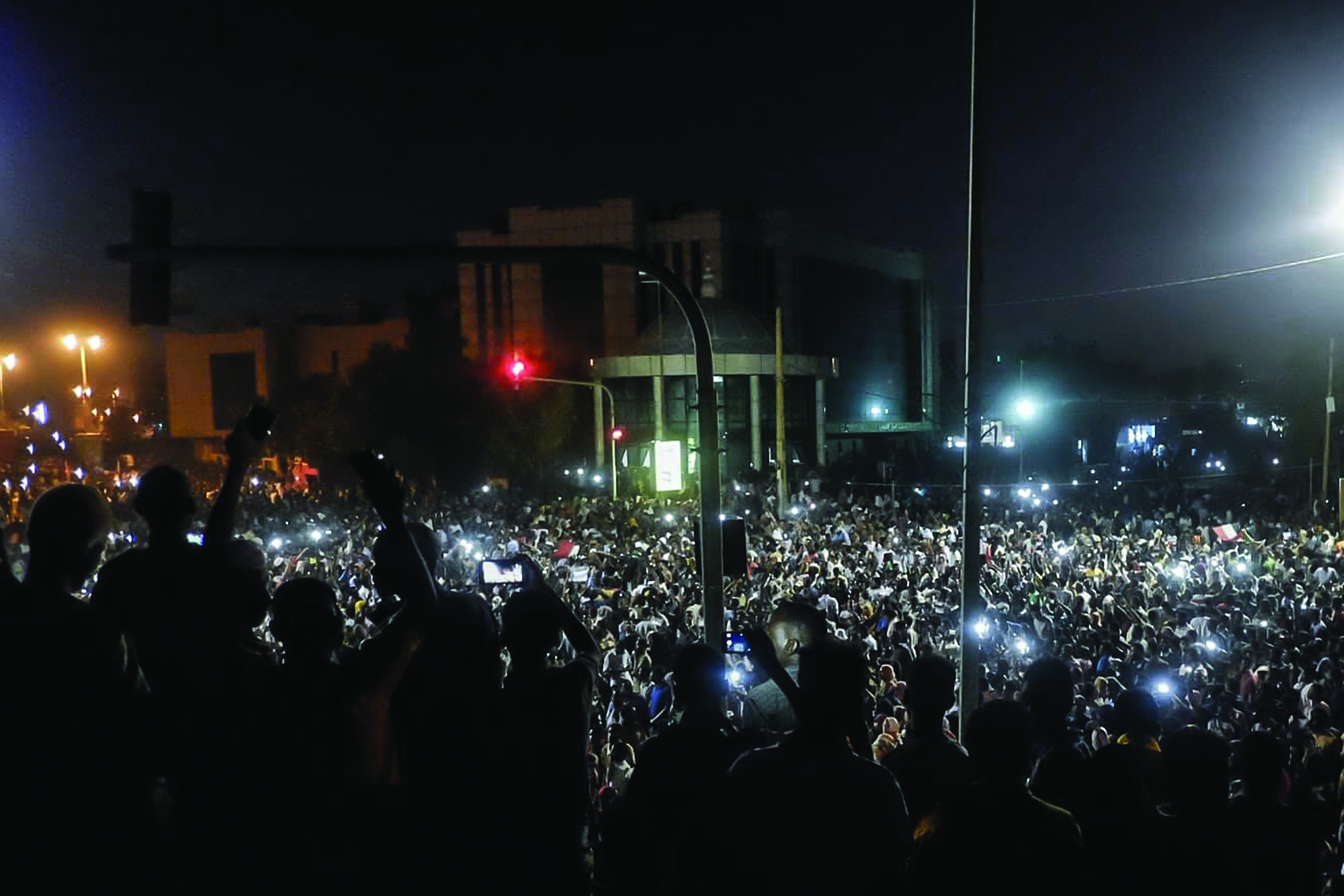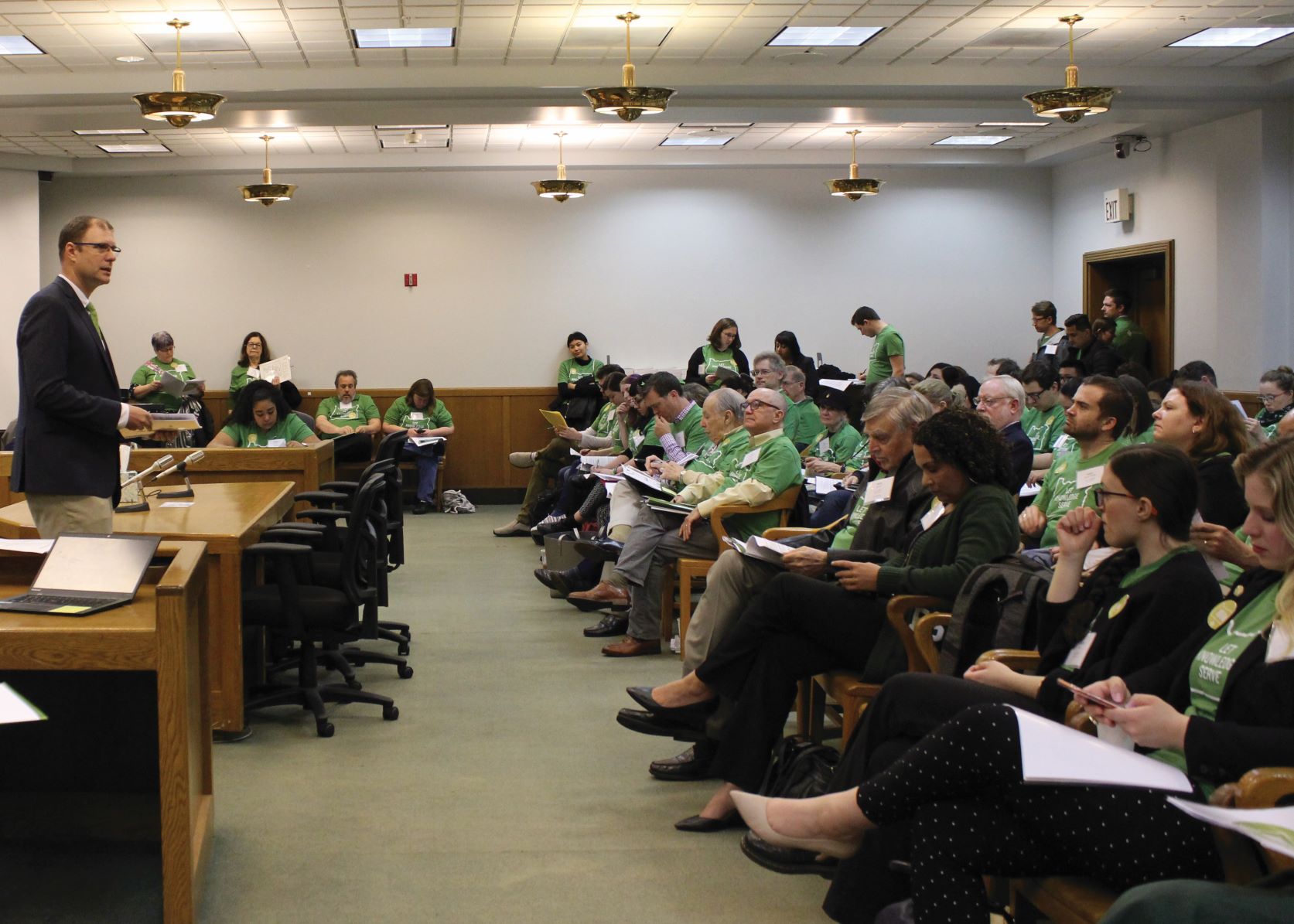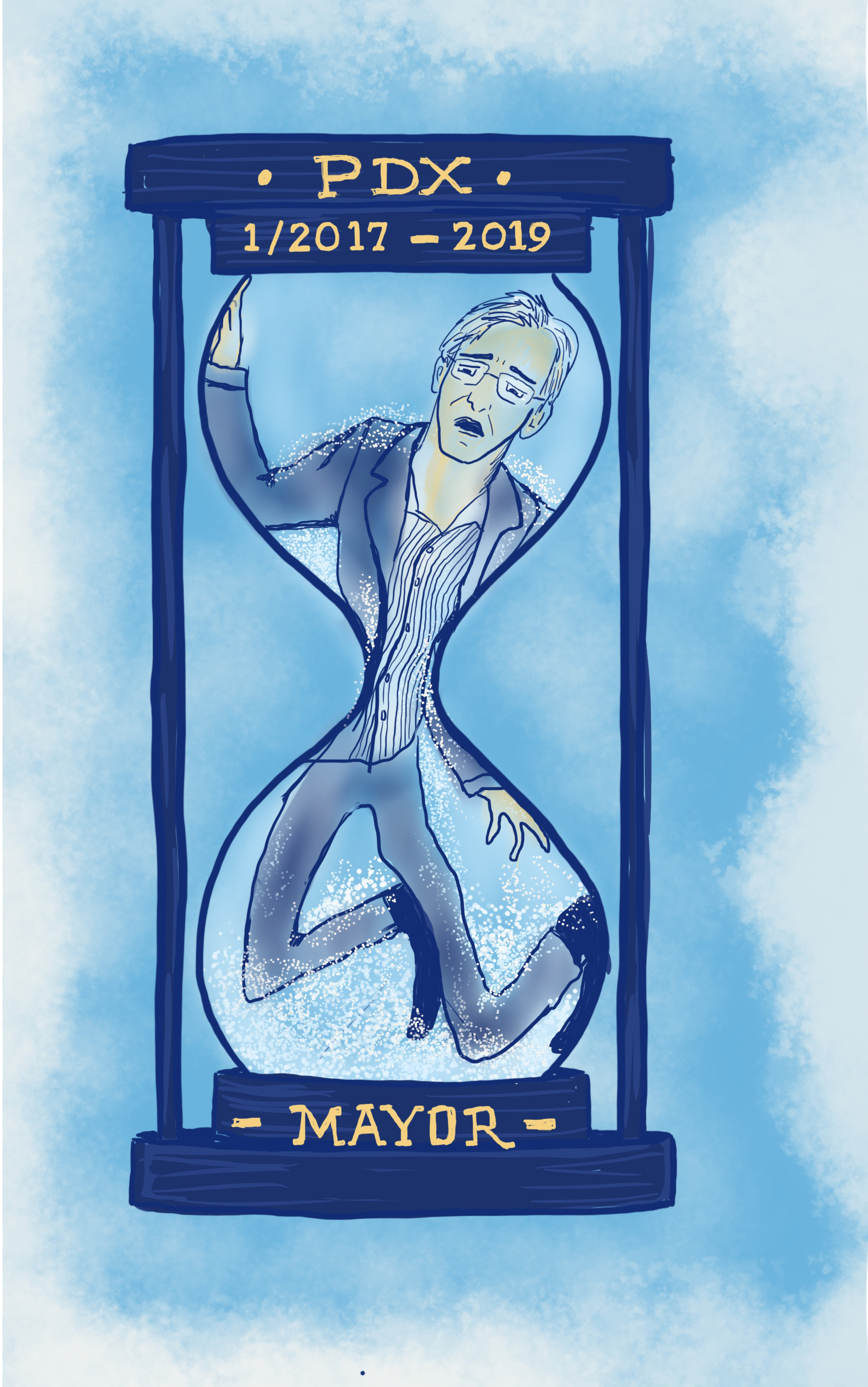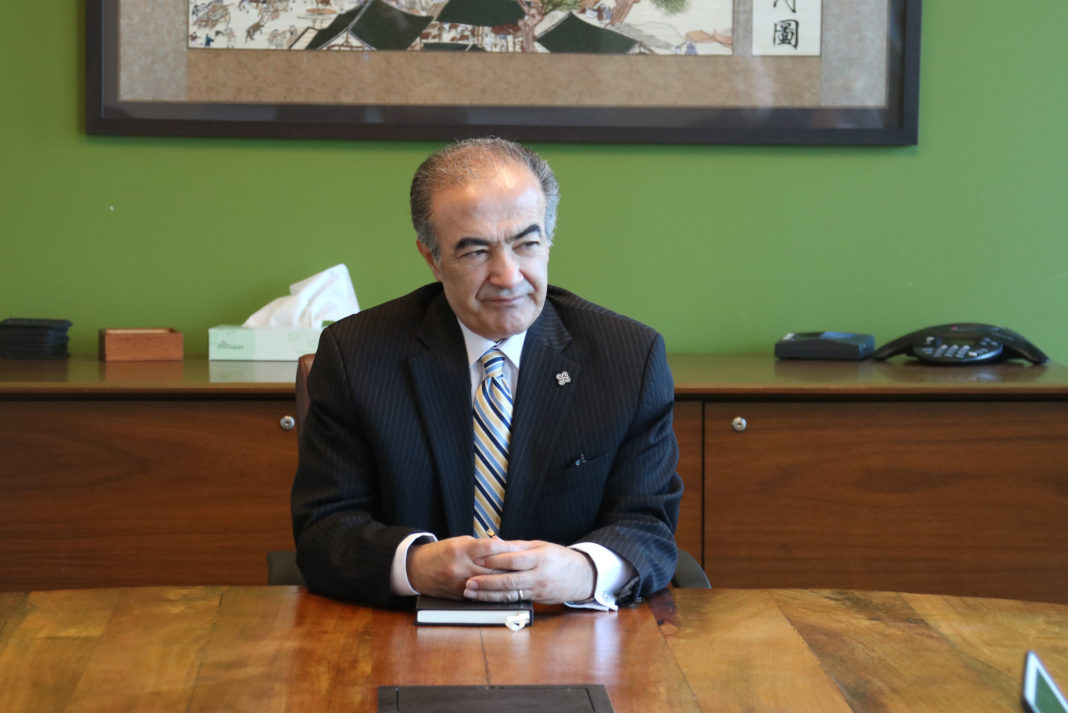After a military coup resulting in the arrest of Sudan’s President Omar al-Bashir, thousands of protesters demanded the immediate transfer of power from the military council to a civilian-ruled government.
Bashir, who was Sudan’s president for 30 years according to France 24, was arrested and removed from office by the country’s army on April 11. Sudanese Defense Minister Awad Mohammed Ahmed Ibn Auf made a public television broadcast the same day, announcing the military council would lead a two-year transitional government, at the end of which democratic elections would be held.
Days after Ibn Auf’s announcement, protesters gathered outside the Defense Ministry to demand the transitional government be ruled by civilians and the prosecution of former government officials.
Chanting “freedom and revolution are the choice of the people,” protesters waved national flags and marched outside the ministry. According to BBC, a significant portion of the Sudanese Professionals Association protesters are women and young people.
According to The Guardian, the SPA—one of the civilian organizations leading the protests—issued a statement on April 15, saying, “We hope that everyone will head immediately to the areas of the sit-in to protect your revolution and your accomplishments.”
Discussions between the military council and a group of 10 protester-representatives began on April 11, according to The Guardian. The military council confirmed they were willing to transition to a democracy after an interim period of two years.
According to BBC, protesters announced they were no longer speaking with the military council because their demands were not being met as of April 21. According to ABC News, one protester, Qurashi Diefallah, called the military council “just an extension of the regime, which stole 30 years from us.”
“We will remain in the street until power is handed down to civilian authority,” Samia Abdallah, a 24-year-old protester, told Reuters. “We will bring down military rule.”
The military council insisted they were willing to consider a joint military-civilian transitional government, but that the council was responsible for national security.
The protesters have installed barricades around Khartoum, Sudan’s capital. The military council has now surrounded the barricades with tractors and troops and are threatening to tear down the stone barricades.
Early April 22, the military council called for the “immediate opening of the roads and removal of the barricades,” according to ABC News.
The protesters, however, are refusing to move. “We will carry on manning the checkpoints as usual,” protester Kawthar Hasaballah told BBC. “No one, not even the military council, will remove us from our places.”






